EU backing fails to tip the balance with Libya

There is no doubting the European Union’s economic strength but its foreign policy role may not be forceful enough to help Switzerland prevail in its row with Libya.
The Swiss-Libyan diplomatic row became pan-European last week when Tripoli said it would stop issuing entry visas to most EU citizens, in retaliation for a Swiss imposition of visa restrictions on some top Libyans.
Libya, with its all-or-nothing approach, is very difficult to negotiate with, as John Hamilton, contributing editor of African Energy, told swissinfo.ch.
“By showing the people they’re negotiating with that they are always prepared to raise the stakes, Libya has become a very dangerous player at the game of diplomatic poker,” Hamilton said.
One of the two Swiss citizens held in Libya since July 2008, Rachid Hamdani, finally returned to Switzerland on Tuesday while the second, Max Göldi, began a four-month prison term on Monday.
Despite the solidarity shown by a group of EU ambassadors at the Swiss embassy in Tripoli, Switzerland ultimately had to comply and hand over its citizen Max Göldi to serve a prison sentence for visa violations.
Swiss behind bars
Applying a travel ban to Schengen citizens wishing to enter Libya, apart from irking many of its EU business partners, also had the effect of moving the dispute forward and getting the Libyans the prize of a Swiss behind bars.
“When you’re dealing with the Libyans you know that there isn’t any normal limit in how far they are prepared to go when they are arguing for the things that they say are important,” Hamilton said.
EU foreign policy expert Janis Emmanouilidis also sees the Schengen ban as a deliberate move.
“Tripoli was fully aware that by taking the row to the EU they would get a reaction,” Emmanouilidis of the European Policy Centre in Brussels told swissinfo.ch.
“But it shows a bigger problem if non-EU countries [in this case Libya] attempt to exploit weaknesses within the union to gain advantage,” he added.
Payback time?
Last week saw intense diplomatic efforts from leading EU states to help resolve the crisis, culminating in a group of EU ambassadors rallying at the Swiss embassy in Tripoli on Monday to prevent a near-storming of the compound.
While some Swiss politicians have been warning of the dire consequences – specifically when it comes to compromise on banking secrecy – of owing such a debt of gratitude to the EU, Emmanouilidis plays down such concerns.
“If the Swiss think they now owe the EU something, that is more a perception on their side. The situation is more complicated than that and does not imply an automatic quid pro quo.”
“Libya might be a piece of the puzzle in resolving the banking secrecy dispute with Europe but it was not the decisive piece,” he said.
The EU’s essential weakness when it comes to foreign relations is lack of consensus within the 27-nation bloc on delicate issues. Italy was quick to criticise Switzerland’s audacity in playing the Schengen card with Libya.
“Every issue has to be looked at individually. The Iraq engagement was a prime example and it split the EU. It is something the EU is coping with constantly.”
Energy levels
Behind the EU’s eagerness to resolve any dispute with Libya is the thorny and lucrative issue of energy.
Much is at stake as Libya, a major oil producer, has been attracting billions of dollars in foreign investment since it emerged from decades of international isolation, with European companies vying for much of the business.
One gas exploration and rights deal with BP, potentially worth billions, came close to falling through until the British agreed last year to release from prison and repatriate the Libyan man convicted of involvement in the 1988 Lockerbie bombing, Abdelbaset Ali al-Megrahi.
“If you were looking at this completely dispassionately you would think how could returning one individual from a prison be more important to the national interest than a massive gas deal. It turned out that Gaddafi was quite prepared to throw the gas deal out the window if he didn’t get Al-Megrahi back,” Hamilton observed.
Libya can play the strategic advantage of being a significant oil supplier for now but there have been no major oil finds in the North African state in recent years and Libya does not have proven reserves of gas.
“Future gas supply is the one everyone is focusing on. If some of these huge exploration programmes going on produce some big new fields that will certainly strengthen Libya’s hand,” Hamilton predicted.
Clare O’Dea, swissinfo.ch
With a population of some 500 million people representing over 25 % of the world’s gross domestic product (GDP), the European Union of 27 member states is now a major player on the world stage.
It provides half of all development aid and contributes to a fifth of world-wide imports and exports.
The EU has a common foreign policy through which it speaks with one voice on key – but not all – international issues.
July 15, 2008: Hannibal Gaddafi and his wife are arrested in Geneva and charged with abusing their staff. They are released on bail and leave Switzerland. The servants are later compensated and charges withdrawn.
July 08: Swiss nationals Max Göldi and Rachid Hamdani are arrested in Tripoli. Swiss businesses are forced to shut and the number of flights to Tripoli is cut.
August 09: The Swiss president apologises in Tripoli for the arrest.
September 09: Göldi and Hamdani cannot leave the country despite a promise they would be freed by September 1.They disappear after undergoing a medical check-up in Tripoli.
November 09: Swiss ministers say they will pursue visa restrictions for Libyans. On November 30 Göldi and Hamdani sentenced to 16 months in prison and fined for visa violations.
January 2010: Their terms are overturned and cut.
February 14: A Libyan newspaper reports Switzerland has drawn up a blacklist of 188 top Libyans.
February 15: Libya stops issuing visas to citizens of nations in the Schengen zone.
February 17-18: Swiss, Libyan, Italian, Spanish and Maltese foreign ministers try to hammer out a solution.
February 22: Göldi hands himself over to Libyan authorities to start four month prison term. Hamdani obtains an exit visa and leaves for Tunisia. He arrives in Switzerland on February 23.

In compliance with the JTI standards
More: SWI swissinfo.ch certified by the Journalism Trust Initiative
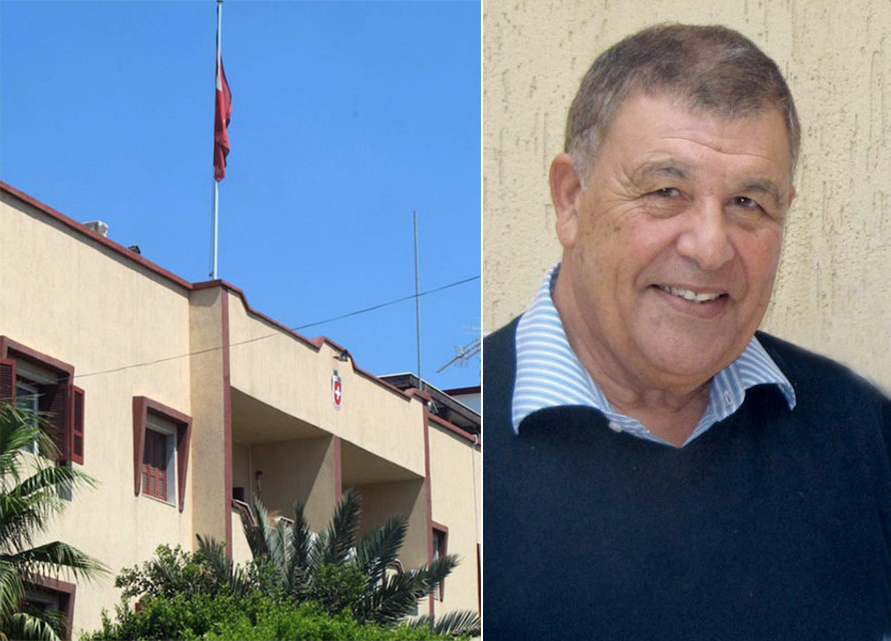
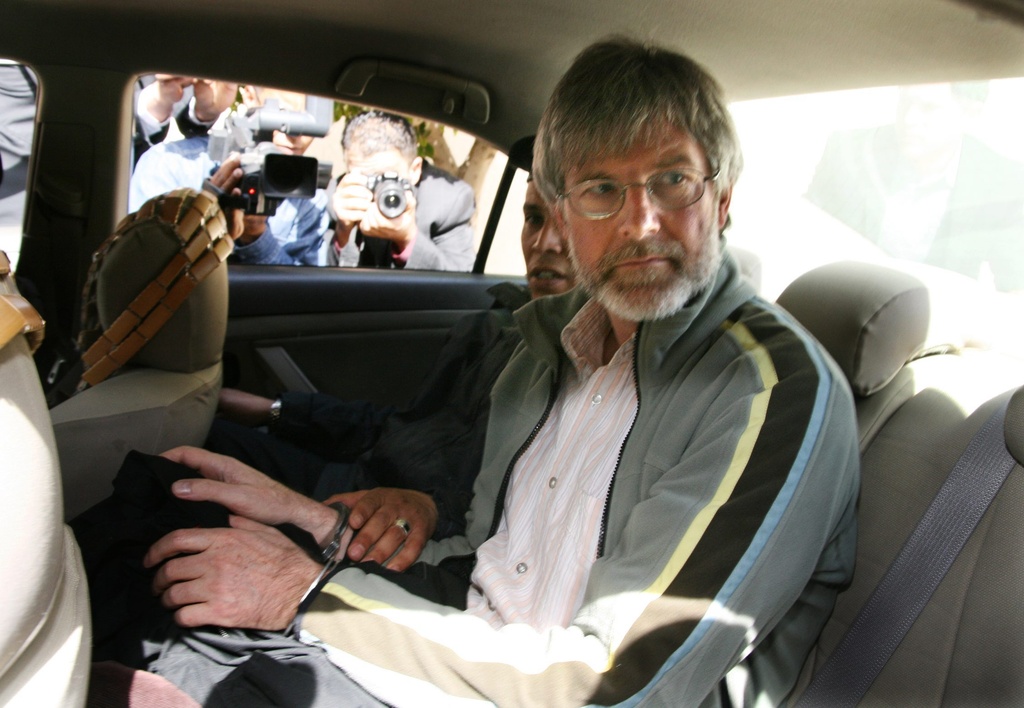
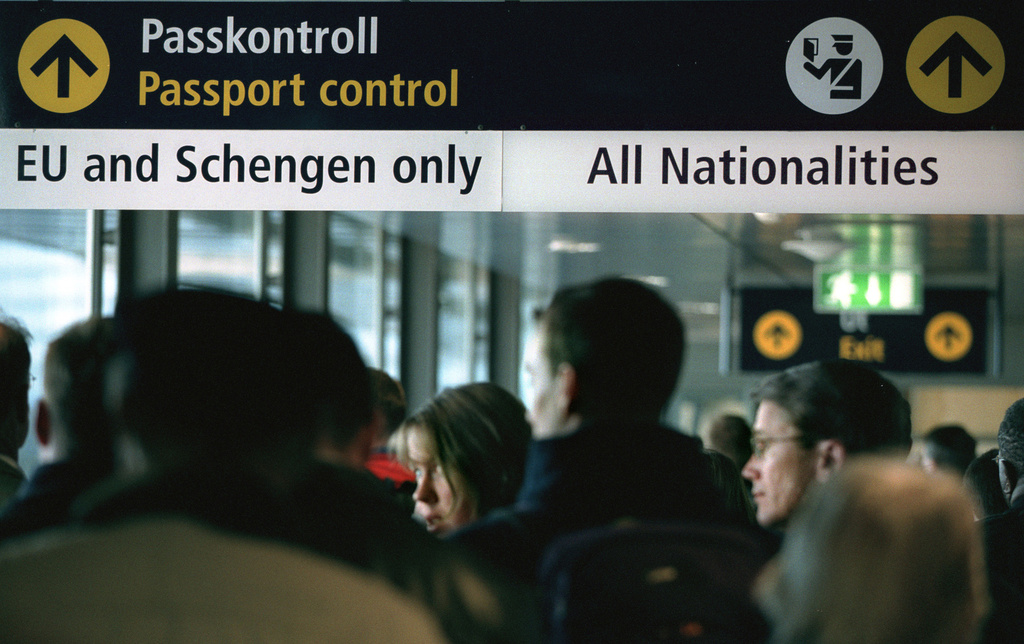
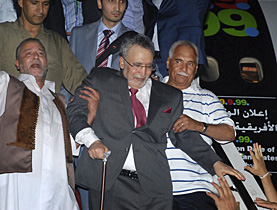
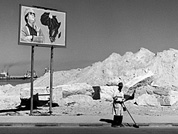
You can find an overview of ongoing debates with our journalists here. Please join us!
If you want to start a conversation about a topic raised in this article or want to report factual errors, email us at english@swissinfo.ch.